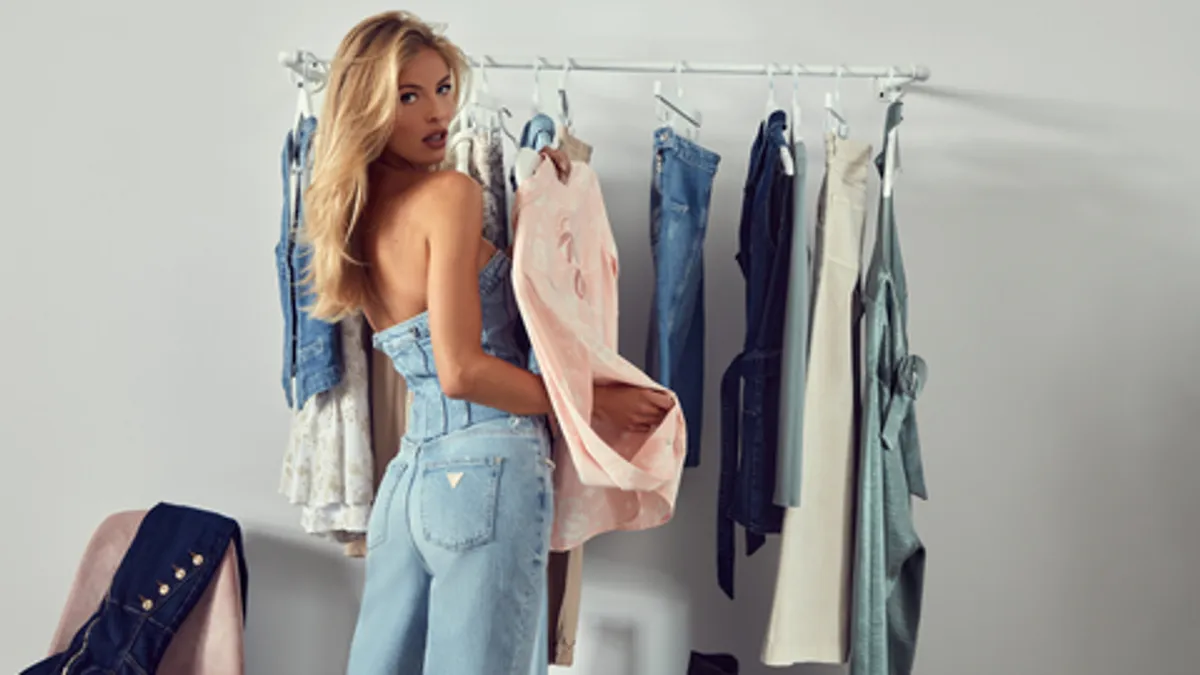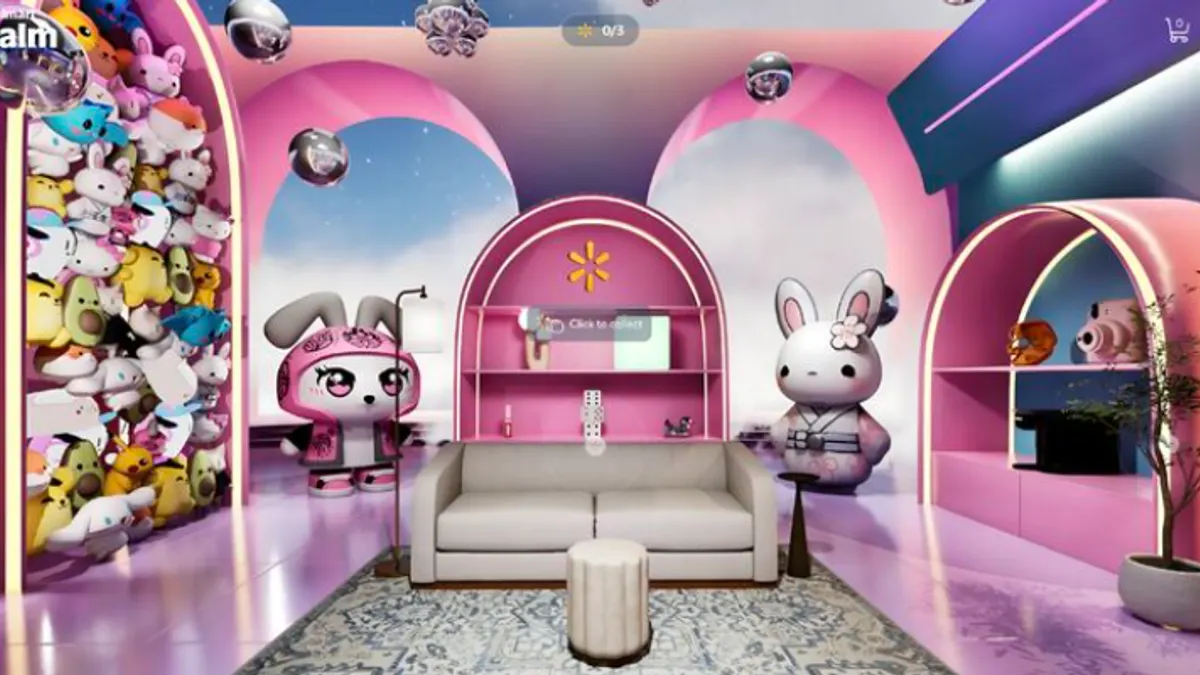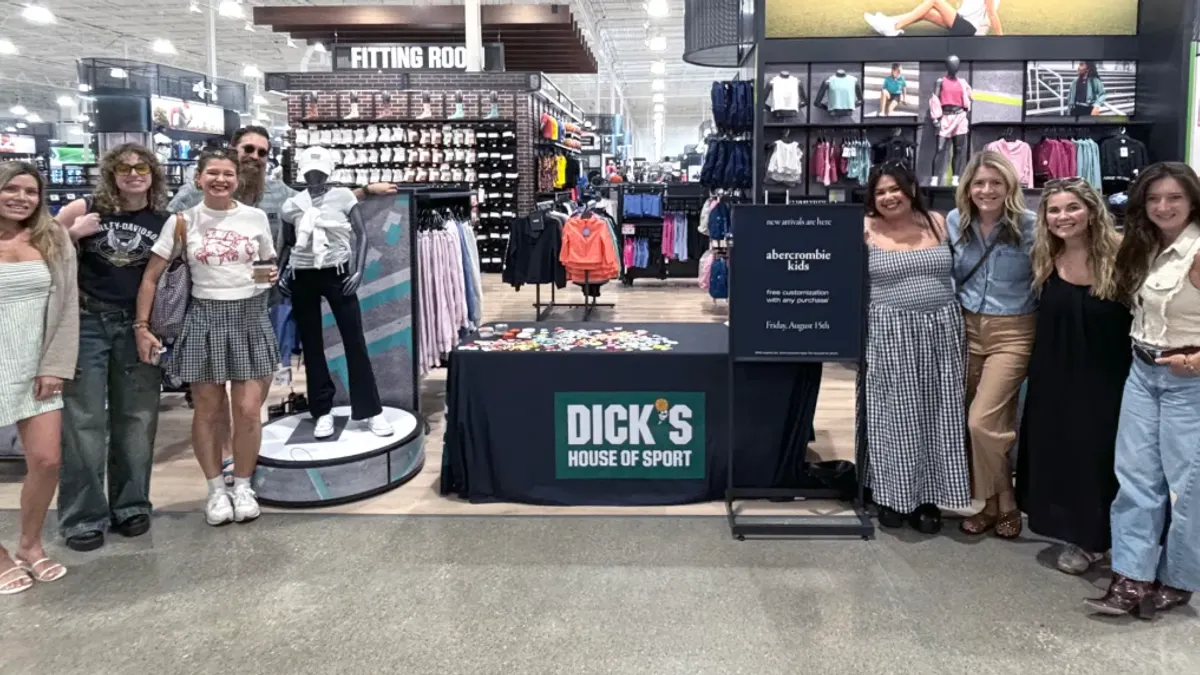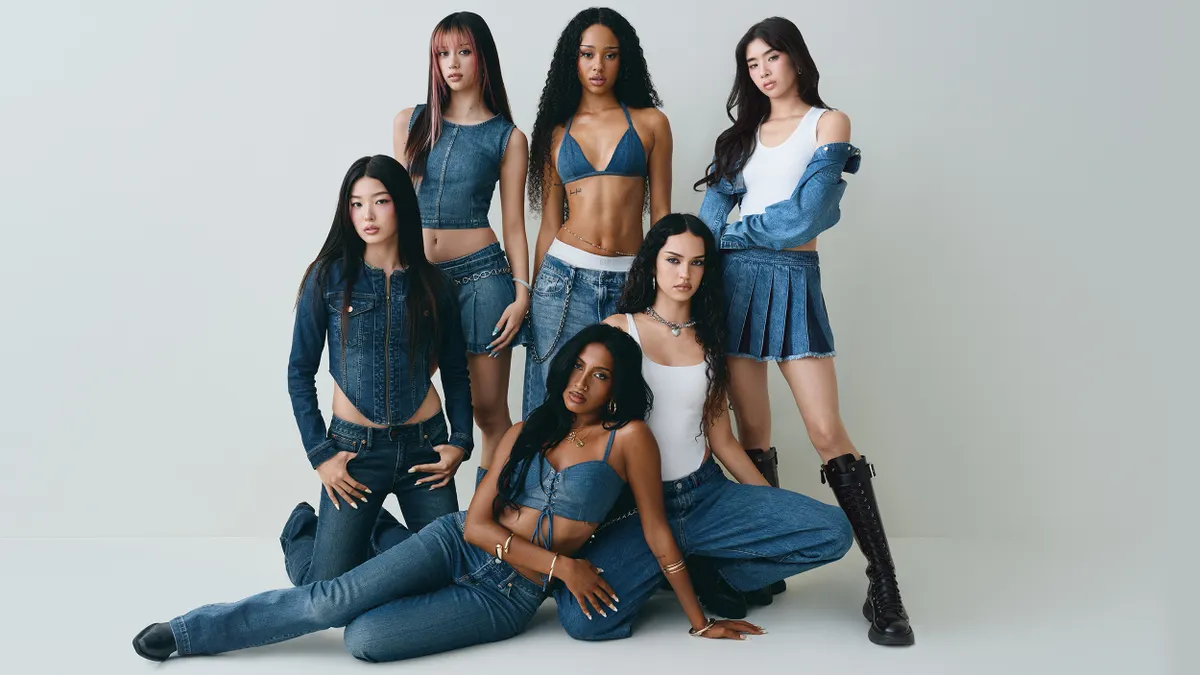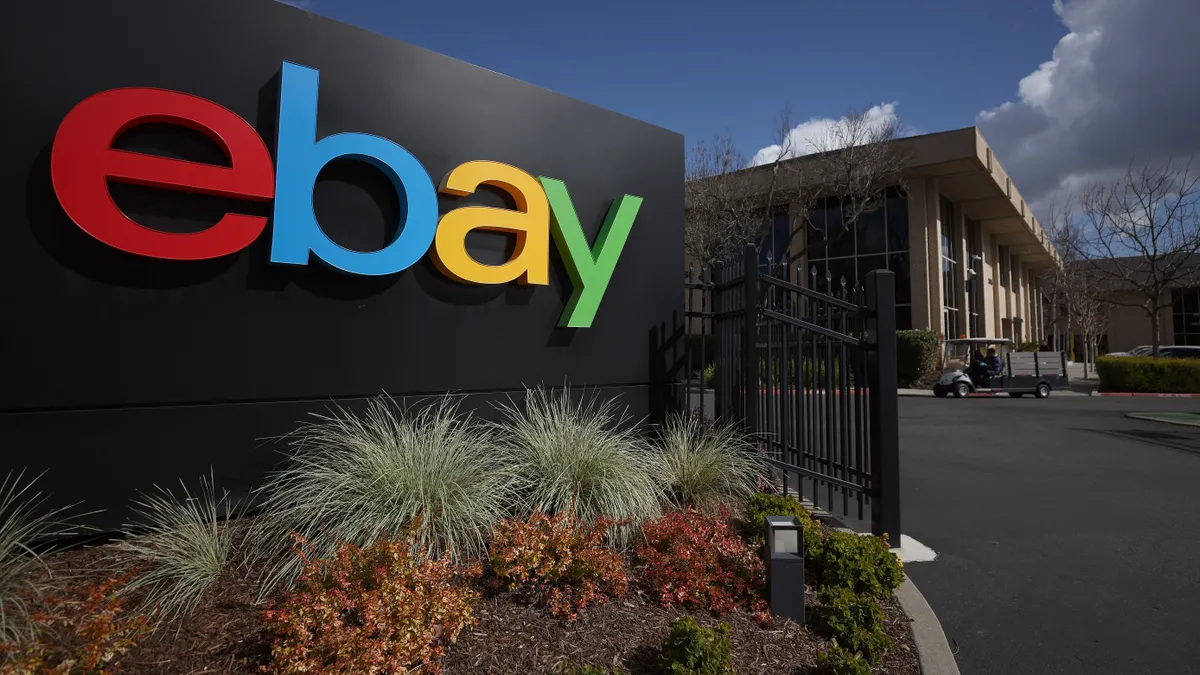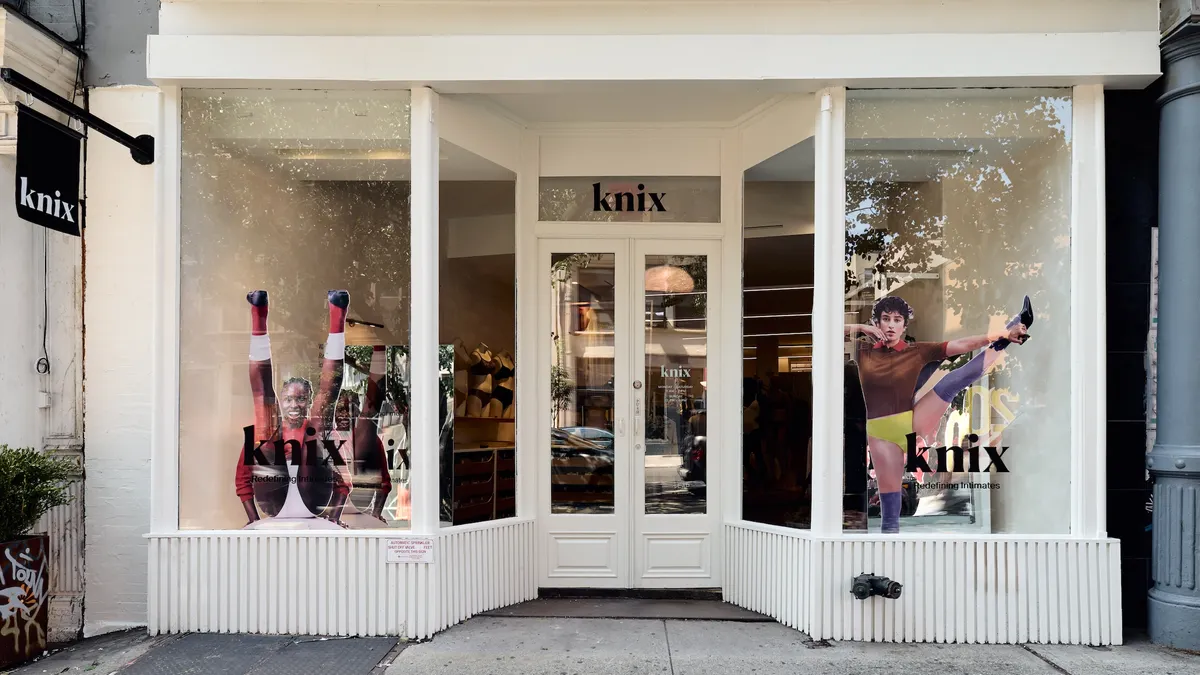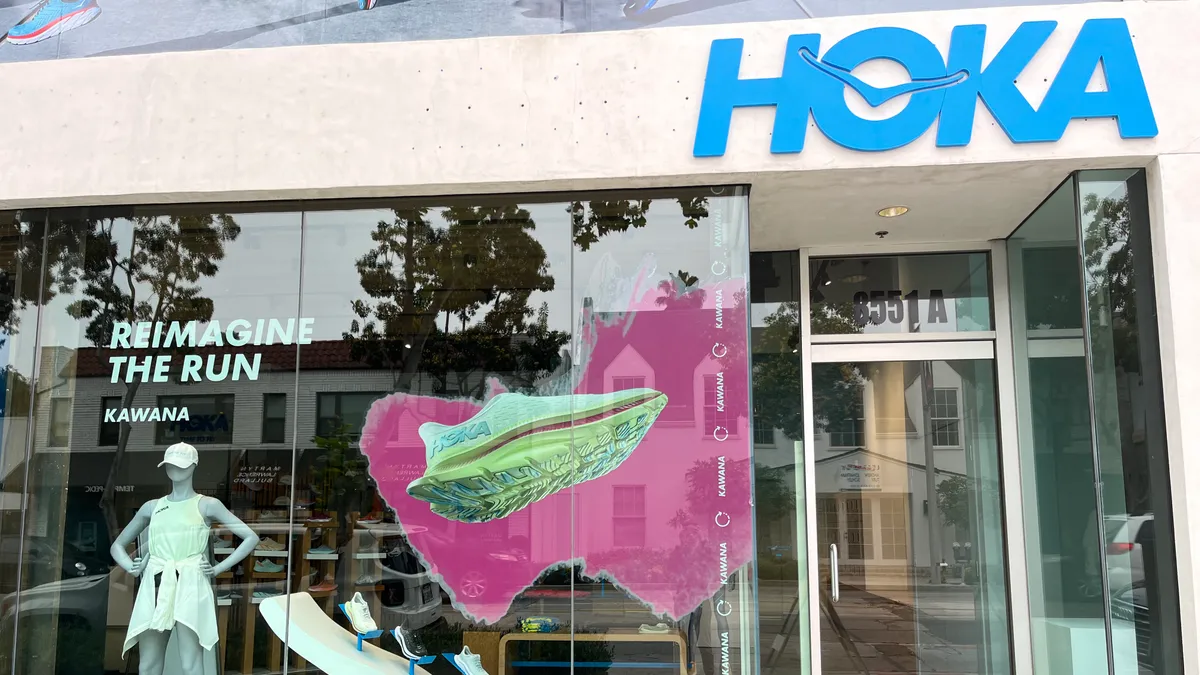It's been another weird week in retail. Amazon announced it would be shipping live pine trees to customers, there are two separate companies making overpriced dog beds for the rich and Nike had another tough week of enduring bans (or attempted bans) on its products.
This, and more, in this week's retail therapy.
Amazon traps Christmas in a box
They say Christmas isn't about the boxes, but Amazon is trying very hard to challenge that notion. "How," you ask? By doing what it does best — boxing up everything that has to do with the holiday, including live trees (Christmas cheer, you're next) and shipping it to your house.
If it seems improbable to cut down a tree, stuff it in a box and ship it to someone's house, have no fear because Amazon has thought through the logistics, according to the Associated Press, and the only thing families have to sacrifice is the Christmas spirit and camaraderie that comes with going to a field and picking out your own dang tree.
Picking out a Christmas tree and bringing it home is 99% of the joy of having a live tree. Might as well get an artificial one if you give that up.
— Nancy Rutman (@NRutman) September 12, 2018
The lady on the radio informed me that Amazon will be selling real Christmas trees this year so “you don’t have to have the HASSLE of cutting down your own”
— Ben Anholzer (@benanholzer) September 13, 2018
.
.
...excuse me while I burn this whole place down
I can't wait for my Thanksgiving Dinner to be delivered by an Amazon drone...lol
— Karl Haynes (@karl_haynes) September 13, 2018
That being said, at least the Christmas tree stunt is aimed at a good cause — getting Christmas trees to the (hopefully) minority of shoppers who don't want to buy them in person — which is more than can be said about Amazon's patent to essentially cage workers. The patent predictably received a huge amount of blowback on social media, but it still might not be as weird as A.Human's fashion exhibit of products that appear to be carved out of human flesh.
In retrospect, maybe shipping Christmas trees is a totally reasonable thing to do. Yeah, let's go with that.
Don't worry! Robots won't take our jobs, they'll create new ones.
— Will Oremus (@WillOremus) September 10, 2018
Like "Caged Robot Operator" https://t.co/1vfomXirtV
????
— Stephen Punwasi (@StephenPunwasi) September 13, 2018
Politicians "we need more jobs from companies like Amazon"
Amazon: we can make the employees "held upright in a cage which dictates and constrains their movement." It'll shave $0.10 off of ketchup.
At least we know how politician feel.$AMZNhttps://t.co/nlT9UqKiez
Rich people have gone to the dogs
The more this column goes on, the clearer it becomes that the benefits of being rich outweigh the cons, no matter how many overpriced products from Williams-Sonoma's winter catalog you have to buy to gain entry.
Among these: designing limited-edition champagne bottles, getting one's initials embroidered in the middle of a business shirt for no other reason than because one can, being able to afford miniature cross-body bags selling for thousands of dollars and lavishing one's pure-bred pets with expensive furniture, not because they'll appreciate the difference between a $500 dog bed and the $60 one from Costco, but because it fits the aesthetic of a mansion better.
This week we're pleased to announce that there are actually two separate companies making bougie dog furniture for your purchasing pleasure: MiaCara, reported on by Bloomberg, and Tuft & Paw, a luxury cat furniture company pointed out by Racked. Beyond our initial questions (if I was a dog, would I pay $1,178 for my own bed?), perhaps the biggest takeaway is that rich people are willing to pay a lot of money to buy a luxury version of any product that threatens to tie them to the rest of the population.
After all, why have a regular cat wheel when you can have a $500 Hoiru Cat Wheel that doubles as a "beautiful conversation piece?"
Louisiana mayor tries to ban Nike
Apparently Nike signing Colin Kaepernick has made more than just arsonists mad. While the worst of it last week was centered around customers rage-burning Nike apparel, the crisis has since escalated to include frankly alarming attempts to ban Nike products.
Take, for example, the Louisiana mayor who attempted to ban Nike products, according to the Cut, demanding that "Under no circumstances will any Nike product or any product with the Nike logo be purchased for use or delivery at any City of Kenner recreation facility." This was later rescinded because, as the American Civil Liberties Union and the ACLU of Louisiana noted, you may not like it, but banning the merchandise could be a violation of the First Amendment.
@CityofKenner Congratulations, your mayor is as much of a dip$hit as @realDonaldTrump ! And that is not an easy feat.
— Bob Bartnick (@bobbartnick) September 13, 2018
He wasn't the only one, though. At least one establishment posted a sign saying employees would be "sent home to change" if they were seen wearing Nike products, ostensibly because the association between a small swoosh mark and kneeling during the National Anthem has now become so overwhelming that even seeing the merchandise is offensive to anyone who disagrees with Kaepernick's protest.
Nike supporters beware: if you say "Kaepernick" three times in a row, a line of displeased people in moderately powerful positions might try to burn your apparel for you. Is this what everyone was talking about when they said retailers should be careful about taking a stance on politics?
Cuz racism pic.twitter.com/rNA5jveZtC
— Margaret McGarry (@coco_mcgarry) September 7, 2018
I understand College of the Ozarks, a Christian school, has banned Nike for their athletes. If I were trying to enter the pearly gates and I had Trump on one side of me and Kaepernick on the other, I'd say, “I'm with Kap.” #WWJD
— Jean Anne Gardner (@JeanAnneGardne1) September 8, 2018
'Being fat isn't beautiful, it's an excuse'
Marketing campaigns can go wrong at just about every stage of the journey. Sometimes it was just a bad idea from the beginning (did we really need to see a woman's head poking out of a box to appropriately market a portable sauna?) and other times things got tragically out of hand.
See: Revolve's attempt to make a commentary on cyber-bullying by launching a clothing line, the proceeds of which would go to Girls Write Now. Wonderful concept, right? That is, until photos were released prematurely and all the internet saw was a thin model wearing a sweatshirt that said "Being fat is not beautiful, it's an excuse."
According to Teen Vogue, this went poorly — and even after the context of the campaign was revealed, Revolve still had to deal with the issue of supporting a message of body positivity on a model who definitely didn't face that stigma. Taking a stand on social issues isn't always a bad thing, and in fact it's frequently good, but body talk tends to be much more sensitive than, say, making leather out of fish skin to save the environment.
Point being: If the commentary is that plus-size women are insulted over their bodies, maybe don't shoot the sweater on a thin model at all…?
so the brand that doesn’t cater to women above a size 10 @REVOLVE made these sweatshirts to combat “internet trolling” but decided to put the sweatshirt about fat shaming on a skinny model. pic.twitter.com/4WaeVHDjn2
— tiffromthe6 (@tiffromthe6) September 12, 2018
Just think of how many people at @REVOLVE had to approve this concept before it got printed on a shirt, produced, and put online. There are SO MANY things you can do to “raise awareness for cyberbullying” that are not this...? like multiple people actually signed off on this wtf pic.twitter.com/vJgvfSWklW
— Makeda Drennan (@makedajaye) September 12, 2018







